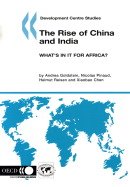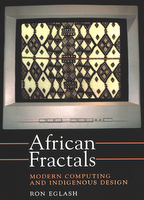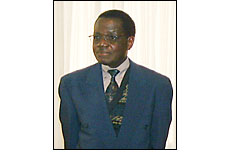 A summary of the OECD publication "The Rise of China and India - What's in it for Africa" makes a number of points:
A summary of the OECD publication "The Rise of China and India - What's in it for Africa" makes a number of points:
In order to avoid being trapped into the unpromising corner of vulnerable, capital-intensive and high-risk raw material dependence, resource-rich Africa will have to balance the need to match the promotion of job-rich sectors with the desire to capitalise on a windfall gain generated by higher commodity prices. Monetary authorities will have to lean against the real currency appreciation in order to avoid burdening industries competing with imports, and exporters outside the resource sector. Central banks need to be supported by fiscal authorities, which are required to limit public spending on services and construction to keep non-tradables prices in check.Investment abroad of export proceeds will further insulate the local economies from ‘DutchDisease’ effects.
Furthermore, in low-tech activities like clothing or footwear, growing FDI into China and India is likely to crowd out investment in Africa, although geography and preferential tariff treatment may still provide some African countries with a competitive edge. Head-on competition, however, is unlikely to be the main channel through which the Asian drivers impact on FDI flows into (and out of) Africa.













